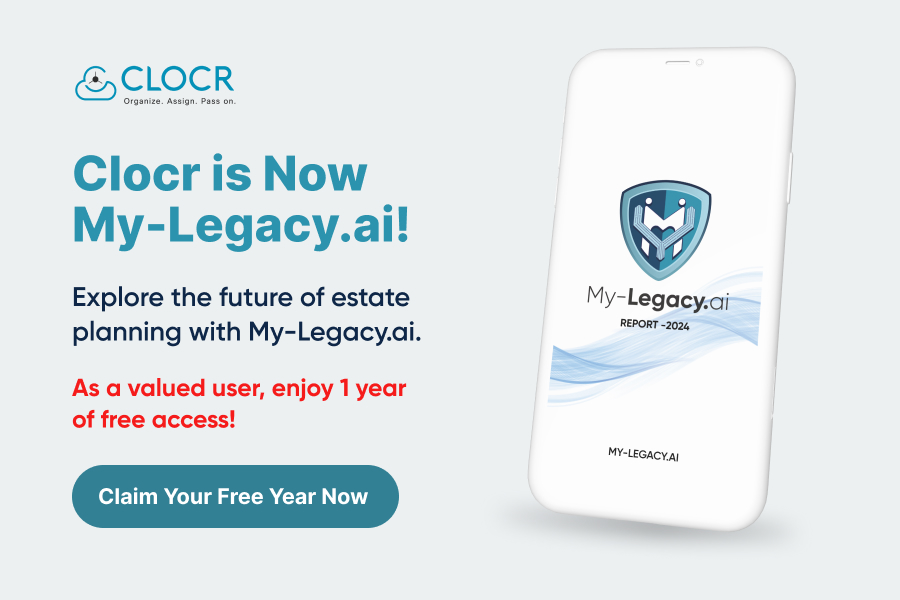Digital Estate Planning is a process of giving shape to your wishes and strategies for the security and future of your Digital Assets to make sure that these assets of financial and personal value are transferred to your family smoothly and securely after you pass away or become immobilized.
In this post you will learn about:
- What Are Digital Assets?
- Importance Of Digital Estate Planning
- Laws In India For Digital Estate Plan
- Digital Estate Plan With Existing Digital Policies
What are Digital Assets?
Digital Assets are everything that holds a right to use and have a digital existence, for instance, your online banking accounts, digital wallets, cryptocurrency, social media accounts, online cloud storage, subscription accounts, and devices used to access these accounts like laptops, computers, smartphones all are the intangible assets that form a major part of your Digital Estate Plan.
The Covid-19 pandemic accelerated the shift towards a more digitally-enabled world to help out businesses to continue running and extricate financial loss and individuals of all ages to connect with each other and continue their life as normal while in isolation. The sheer number of Digital Assets and online accounts have multiplied to a point where individuals may not even be aware of the number of accounts they own!
But not many people attempt to educate themselves about security and ways to prepare for the management of these assets in case they pass away. In India, Estate Planning is not opted by many people who hope for fair distribution of assets after their demise by putting their ultimate belief in the conscience of heirs which eventually leads to ugly legal battles. In such an environment, it would be rare for people to acknowledge the importance of planning for Digital Assets.
Importance of Digital Estate Planning
- Digital Estate Planning describes the ways you wish your Digital Assets to be managed by your beneficiaries following your demise or incapacitation. It would help your family members to avoid disputes and legal battles to access, distribute and manage your assets.
- During the process of creating a Digital Estate Plan, an inventory is created which stores the details of all your Digital assets. This inventory proves to be extremely useful when the login details of any asset are lost and prevents mental and physical fatigue to recover those details. In the case of Digital Assets with personal significance, the loss can affect you emotionally but if access details of financial assets like Cryptocurrency are lost then a huge financial loss is inevitable which would affect you and particularly your family members who would need these assets for financial support after your demise or immobilization.
- A Digital Estate Plan helps secure your virtual identity and funds from identity theft and fraud.
Laws In India For Digital Estate Plan
At present, the legal scope of a Digital Estate Plan is almost nonexistent in India. An understanding of IT within the legal arena in India arrived recently with the Information Technology Act, 2000. Unfortunately, this Act is applicable to all Digital Assets except “testamentary, disposition and wills.” Additionally, the Indian Succession Act 1925 does not include the online realm.
On a brighter note, The Steering Committee report in 2019 on Fintech Issues suggests “digital alternatives in cases such as power-of-attorney, trust deeds, wills”.
Furthermore, in May 2021, IndiaTech.org submitted a whitepaper with the Ministry of Finance, RBI, Ministry of Commerce and Industry, and Niti Aayog proposing a 5 point policy to regulate Cryptocurrency and welcome the opportunities it offers to the flourishing Indian market by creating specific strategies for parameters like exchange ownership, accounting standards, reporting standards, anti-money laundering, direct and indirect tax regulations, and import regulations to avoid illegal activities.
India is continuously working to develop laws to catch up with digitization but it would take time before laws for transfer and management of Digital Assets can come into action.
You might also be interested in reading:
Digital Estate Plan With Existing Legal Policies
The lag of the law is not a complete hindrance to your Digital Estate Plan. While the legal development in the country runs its course, you can use Digital Estate Planning tools like Clocr to create a Digital Estate Plan that is compliant with your country’s current laws.
Even if you might not be able to legally transfer your Digital Assets, you can still choose what happens to them. Some social media platforms and websites have policies regarding accounts of deceased people and provide few options(in most cases, accessible only when the login details of a deceased person’s online accounts are already known), the prominent one being deleting the account(provided as the only option).
Now that you are familiar with India’s position on Digital Estate Planning and what options you have, you can start your Digital Estate Plan, all on your own!




